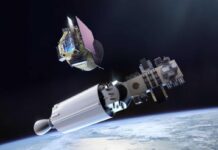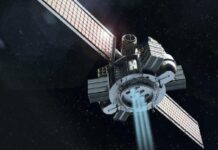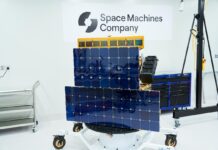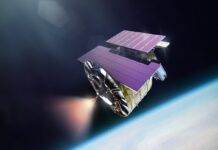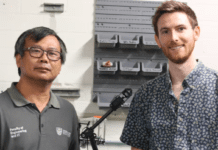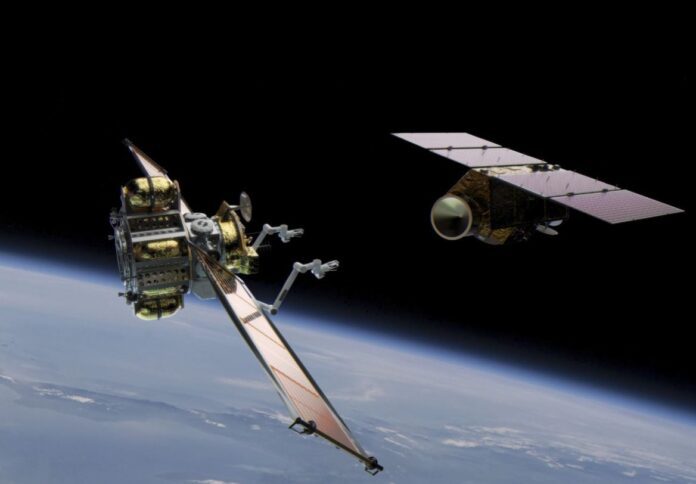
SmartSat, a leading player in Australia’s space technology sector, announced a $2.3 million investment towards pioneering research aimed at bolstering the nation’s capabilities in In-orbit Servicing, Assembly, and Manufacturing (ISAM).
Spearheaded by SmartSat’s research partner, the University of Sydney, and backed by a consortium of industry leaders including Abyss Solutions, ANT61, Space Machines Company, Sperospace, and Spiral Blue, the project aims to develop cutting-edge robotic satellite technologies capable of executing in-orbit repairs and maintenance tasks.
In a media release, SmartSat said the ISAM project will focus on bridging the gap between autonomous robotic systems and the demanding requirements of real-time, reliable close-proximity operations.
Notably, the project integrates four key technology areas into a cohesive research initiative, ensuring a comprehensive approach to addressing the multifaceted challenges of in-orbit servicing.
Among the key research objectives of the ISAM project are the development of high-level, AI-driven onboard automation for mission operations, the creation of a fault-tolerant relative navigation system capable of accurate detection and tracking in space’s challenging conditions, and the implementation of safe control strategies to stabilise servicing satellites during robotic manipulator operations.
Additionally, the project will explore advanced sensing technologies for precise far-field object detection and navigation in challenging in-orbit lighting scenarios.
Professor Andy Koronios, CEO of SmartSat CRC, emphasised the significance of ISAM technologies for Australia’s burgeoning space industry, highlighting the critical role they play in enabling local businesses to tap into the emerging global supply chain for in-orbit servicing.
“With the number of satellites and spacecraft in orbit increasing rapidly, there’s a greater likelihood of malfunctions and collisions,” he stated.
Professor Koronios underscored the importance of extending satellite lifespans through in-situ servicing and upgrades, asserting that such capabilities will be indispensable for both governmental and private sector entities.
He further underscored that the ISAM project represents a pivotal step in equipping the Australian space industry with the autonomy technologies necessary to compete effectively in the global ISAM market.


